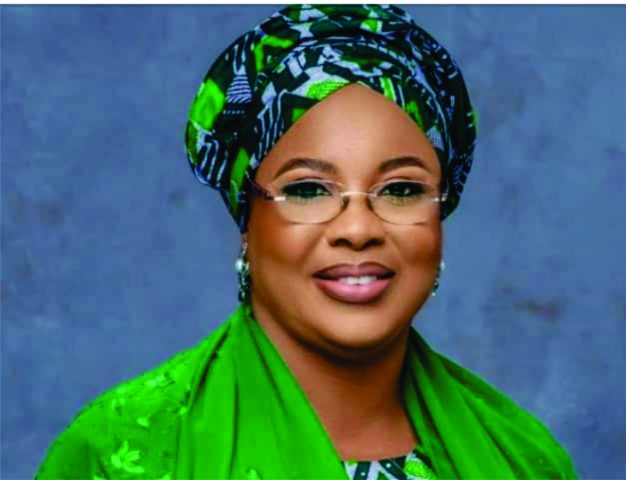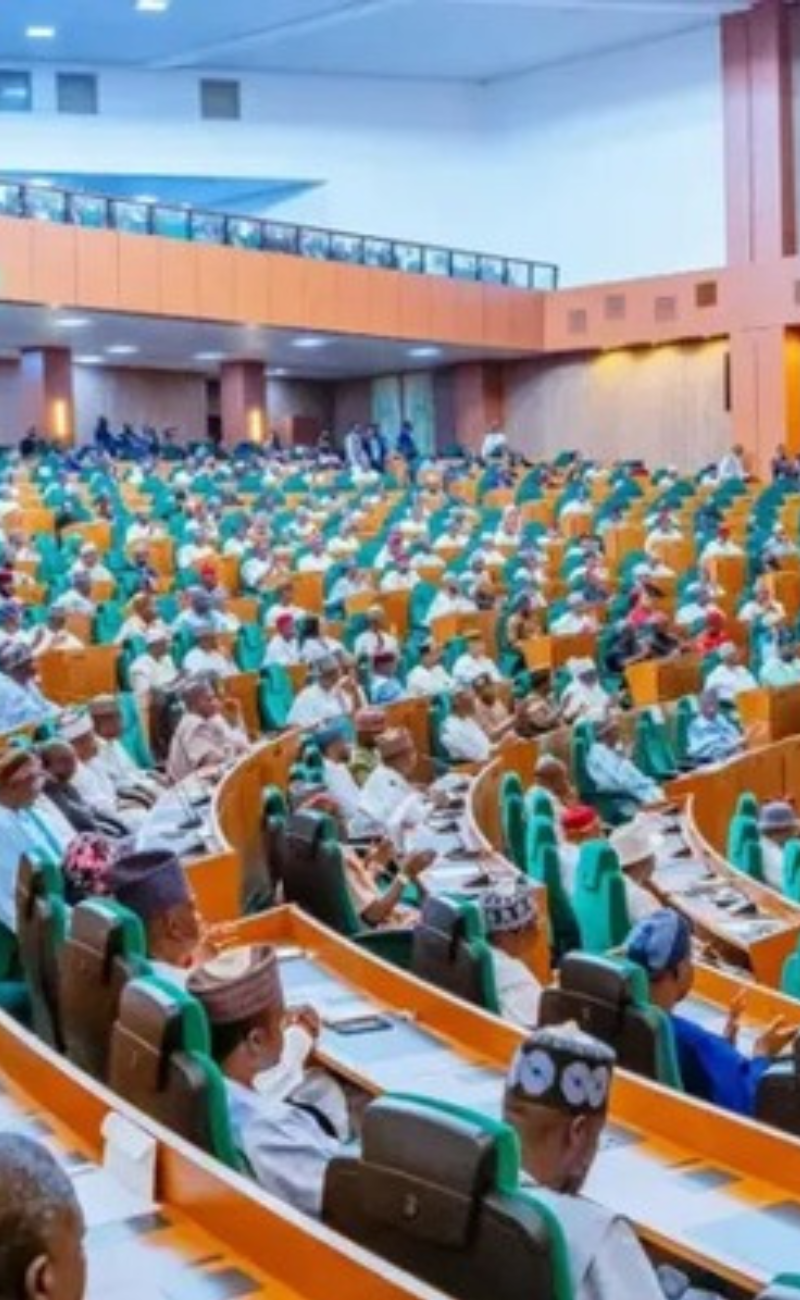In this episode of the Gender Equality and Social Inclusion (GESI) Tracker, we spotlight two significant developments from the House of Representatives that underscore a growing legislative commitment to inclusive governance – a bold proposal mandating gender equity in paramilitary recruitment, to renewed pledges in support of persons with disabilities
![]()
Women inclusion in security agency
In a move to promote gender equity within Nigeria’s paramilitary framework, Rep. Kafilat Ogbara (APC, Lagos) has sponsored a bill that could transform recruitment and operational culture within the Nigeria Security and Civil Defence Corps (NSCDC).
Titled “A Bill for an Act to Amend the Nigeria Security and Civil Defence Corps Act, Cap. N146, Laws of the Federation of Nigeria, 2004,” this bill seeks to mandate at least 15 percent women representation in corps recruitment and establish a gender responsive compliance programme across all facets of the corps’ operations.
The bill responds to longstanding concerns about gender imbalance and institutional bias in Nigeria’s security architecture, where women have historically been underrepresented, not only in recruitment but also in training, command structures, and strategic postings.
What the bill proposes
The bill introduces several progressive amendments aimed at making the NSCDC more inclusive and accountable. Its key provisions include:
- Minimum quota for women: The NSCDC would be legally required to ensure that no fewer than 15 percent of all new recruits are women. This sets a clear benchmark for entry-level gender balance in a space traditionally dominated by men.
- Gender-responsive compliance programme: The bill requires the corps to design and implement internal protocols that ensure fairness and sensitivity in matters of recruitment, training, posting, marital status considerations, and disciplinary actions. This measure is critical in challenging the often-unspoken biases that affect female personnel’s career progression and working conditions.
- Establishment of a monitoring unit: A dedicated unit would be created within the NSCDC to track, maintain, and report on gender compliance, making the corps subject to internal accountability standards and periodic review.
By embedding gender considerations into the structure and daily functions of the NSCDC, this bill appear to go beyond tokenistic representation and takes significant steps toward transforming how national security agencies reflect and serve society.

GESI relevance and legislative significance
This bill is a clear example of a focused GESI legislation. It not only prioritises women’s representation in public institutions but also foregrounds the importance of structural reforms from recruitment practices to workplace culture, which can dismantle systemic exclusion.
Security agencies are among the most powerful arms of the state, and their lack of gender balance has long contributed to wider societal inequities.
For GESI advocates, this bill presents an opportunity to push for replication across other paramilitary and law enforcement bodies, including the Nigerian Police Force, the Armed Forces, and the Immigration and Customs services.
Strategic opportunities and next steps
If passed, the bill would represent a significant step toward embedding gender equity within Nigeria’s security sector; however, its true impact will depend heavily on implementation. For the bill to deliver meaningful change, it must be supported by robust enforcement mechanisms, including clear institutional guidelines and well-defined responsibilities within the NSCDC. Independent oversight and civil society engagement will be essential in monitoring compliance, identifying gaps, and ensuring transparency.
In addition, budgetary support must be allocated to fund gender training, capacity building, and the operationalization of the compliance unit. Just as crucial is sustained stakeholder engagement, particularly with security agencies, policymakers, and the public, to foster buy-in and shift perceptions around gender inclusion in uniformed services. Without these complementary efforts, the bill’s transformative potential could be undermined by symbolic or partial implementation
The GESI Tracker will continue to follow the progress of this bill through its legislative stages, engaging stakeholders to ensure its potential translates into real change on the ground.
Read Also: Resettling IDPs and Gender Quota in Armed Forces | GESI Tracker
Commitment to disability rights
At the official launch of the Global Disabilities Green Initiative (GDGI) held on June 26, 2025, Chairman of the House Committee on Disability Matters, Rep. Bashiru Dawodu (APC, Lagos) reaffirmed the commitment of the National Assembly to promoting the rights and inclusion of Persons with Disabilities (PWDs) in Nigeria.
Representing the Chairman of the House Committee on Disability Matters, Rep. Fayinka Moses Oluwatoyin (APC, Lagos) delivered a goodwill message that spotlighted the legislature’s efforts to protect and empower over 30 million Nigerians living with disabilities.
In his address, Rep. Dawodu acknowledged the daily challenges faced by PWDs, including discrimination, limited access to employment, and social exclusion, and emphasized that these systemic barriers cannot be dismantled without robust legislative action.
He pointed to the passage of the Discrimination Against Persons with Disabilities (Prohibition) Act, 2018, as a turning point in the legal protection of disability rights in Nigeria.
He further acknowledged the critical role played by civil society organizations (CSOs) in the advocacy that led to the enactment. Notably, he highlighted that the five-year moratorium period for implementation expired in January 2024, signaling that full compliance with the law is now due.
With the moratorium period now over, stakeholders, particularly CSOs, development partners, and advocacy groups, have a critical role to play in ensuring the law’s enforcement and visibility. They can support community-level awareness, monitor both public and private sector compliance, and provide legal aid to victims of discrimination.




